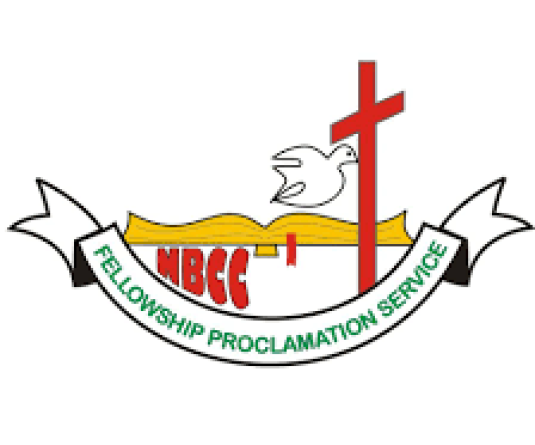
Zeluosielie Kehie
Sovima Village, Chümoukedima
Many people hold the misconception that when their sons or brothers go astray-disobeying parents, engaging in irresponsible behaviour, or becoming addicted to alcohol or drugs-marriage will somehow transform them into responsible and good men. Once these men reach the so-called marriageable age, families often rush to find them a partner, believing that marriage will automatically bring about change (reformation). We often observed that many do search for theologians or church women leaders to be married to their sons or brothers who is drug addicts or alcoholics or have unethical issues, believing that having God fearing women in their lives will change their bad habits and live properly and so and so. Instead their husbands never change and bring shame to her/their leadership.
Let us pause and reflect: would any parents or brothers willingly allow their own daughters or sisters to marry a man known to be an alcoholic, a drug addict, or someone struggling with serious behavioural issues? The answer is often NO. If that is the case, then why is it acceptable to expect another woman to take on that burden in the name of marriage?
While marriage can sometimes have a positive influence on personal habits, it is not a guaranteed or sustainable solution for deep-rooted issues like addiction, irresponsibility, or immaturity. Relying on marriage as a tool for rehabilitation of men is both unrealistic and unfair to women. As observed in our society, women are often expected to change or improve men after marriage-turning irresponsible, abusive, etc. into better versions. This unfair expectation often leads to an emotional and psychological burden on women, who end up sacrificing their peace, identity, and well-being. Entrusting women with the responsibility of reforming men through marriage is an outdated and unjust practice. Reforming one’s character or overcoming addiction or issues requires personal commitment, accountability, and often professional intervention (counseling, rehabilitation programmes, and support groups).
Women should never be viewed as instruments for men’s transformation. They are neither objects nor institutions created to fix or train men. Viewing them as such strips them of their individuality, dignity, and rights. In a patriarchal society like the Naga community, such mindsets are still common. Women are often perceived as:
- Child Givers/Caregivers: Expected primarily to bear and care for children or manage domestic duties.
- Subordinate: Subjected to male authority, with limited decision-making power.
- Restricted: Facing barriers to education, employment, and public participation.
- Underrepresented: Having little or no representation in politics, leadership, and decision-making bodies.
- Dependent: Economically and socially reliant on men.
- Less Valued: Their opinions, efforts, and contributions often undervalued or overlooked.
To move forward, we must challenge and reject these outdated stereotypes. Building an inclusive and equitable society requires recognizing that women are individuals with their own aspirations, capabilities, and identities-not caretakers meant to rehabilitate men.
In conclusion, marriage is not a place for rehabilitation rather it is a union of two responsible, emotionally mature people who choose to walk life’s journey together. Marriage should be a partnership built on mutual respect, understanding, shared responsibility and equality-not on the expectation for correction or reform. Both men and women should come into marriage as complete individuals ready to contribute equally. True change comes from within, through self-awareness and responsibility. A just and progressive society is one that love, values and respects women for who they are, not for what they can fix. Men must take responsibility for their own growth and healing. Only then can marriages be balanced, healthy, and fulfilling for both partners.




.jpg)
.jpg)
